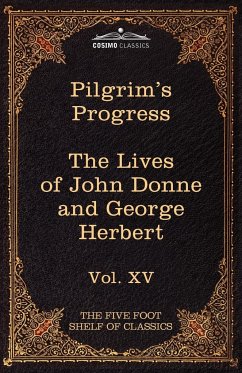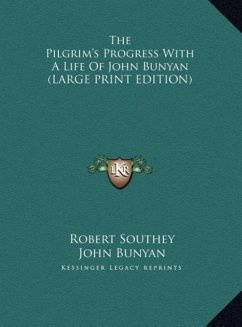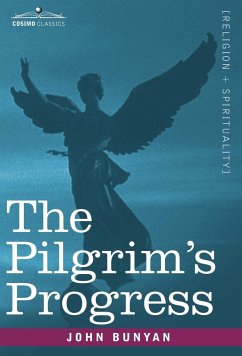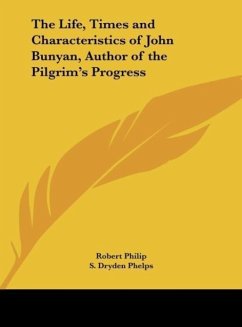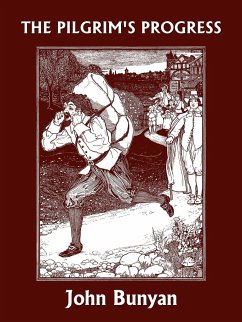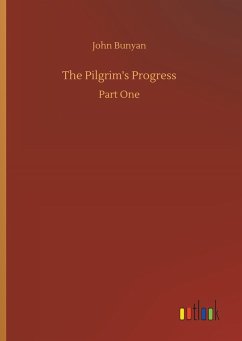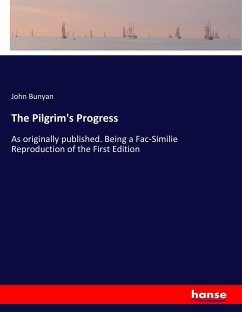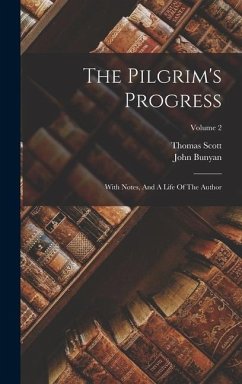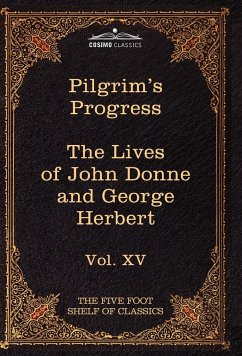
The Pilgrim's Progress & the Lives of Donne and Herbert
The Five Foot Shelf of Classics, Vol. XV (in 51 Volumes)
Herausgeber: Eliot, Charles W
Versandkostenfrei!
Versandfertig in über 4 Wochen
36,99 €
inkl. MwSt.
Weitere Ausgaben:

PAYBACK Punkte
18 °P sammeln!
Originally published between 1909 and 1917 under the name "Harvard Classics," this stupendous 51-volume set-a collection of the greatest writings from literature, philosophy, history, and mythology-was assembled by American academic CHARLES WILLIAM ELIOT (1834-1926), Harvard University's longest-serving president. Also known as "Dr. Eliot's Five Foot Shelf," it represented Eliot's belief that a basic liberal education could be gleaned by reading from an anthology of works that could fit on five feet of bookshelf. Volume XV features two essential works of 17th-century religious literature: The ...
Originally published between 1909 and 1917 under the name "Harvard Classics," this stupendous 51-volume set-a collection of the greatest writings from literature, philosophy, history, and mythology-was assembled by American academic CHARLES WILLIAM ELIOT (1834-1926), Harvard University's longest-serving president. Also known as "Dr. Eliot's Five Foot Shelf," it represented Eliot's belief that a basic liberal education could be gleaned by reading from an anthology of works that could fit on five feet of bookshelf. Volume XV features two essential works of 17th-century religious literature: The Pilgrim's Progress is an allegorical tale of everyman Christian and his journey from the City of Destruction to the Celestial City of Zion, which parallels the spiritual odyssey of English preacher and writer JOHN BUNYAN (1628-1688). The Lives of Donne and Herbert, by English writer IZAAK WALTON (1593-1683), are short biographies of English preacher and metaphysical poet John Donne and Welsh priest and poet George Herbert, in which Walton highlights their virtuous characters.



